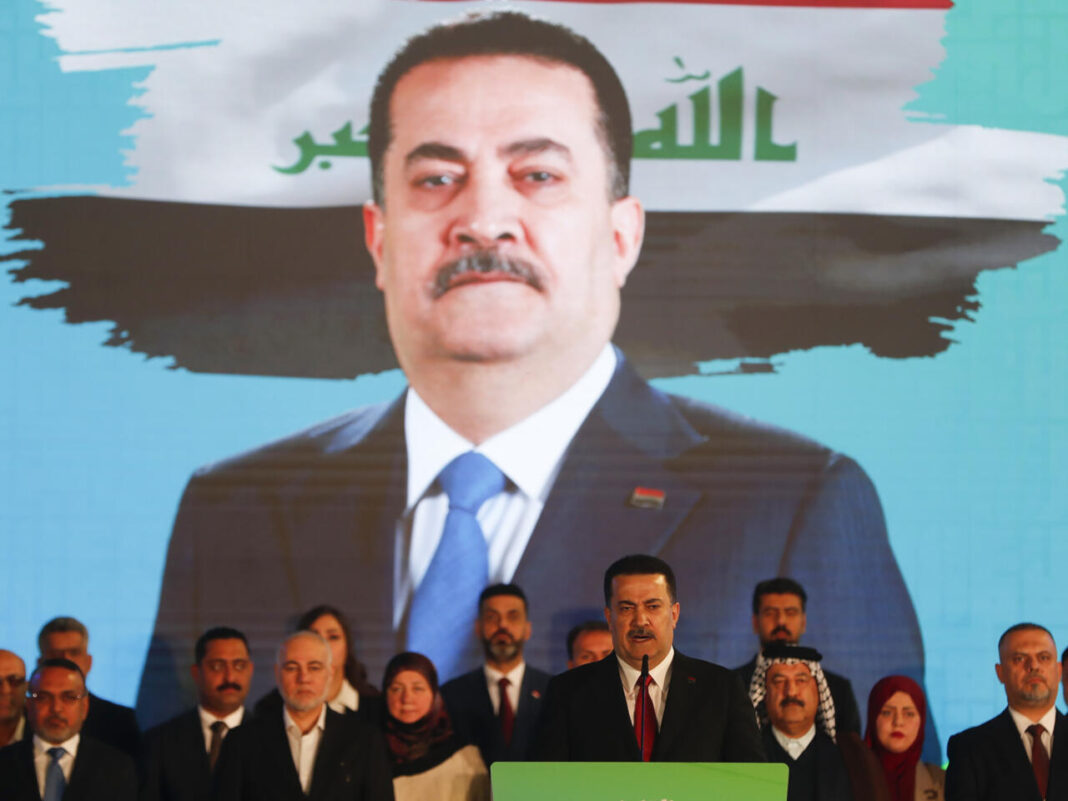Iraq’s financial crossroads dominate new warnings from economic expert Manar Al Obaidy. He said Iraq now moves toward a dangerous financial bottleneck as August 2025 data show widening gaps, and argued that rising spending and shrinking non oil revenues create serious risks for the stability of Iraq’s financial system.
He reported that total revenues in August reached eighty two trillion dinars. Oil contributed seventy three trillion. Non oil sources added only nine trillion. Meanwhile, public spending climbed to eighty seven point five trillion dinars. Operational spending alone reached seventy three trillion. Government advances added another five trillion. These numbers increased pressure on the budget.
Al Obaidy said the actual deficit at the end of August reached ten trillion dinars. He warned that the deficit may exceed fifteen trillion dinars by the end of 2025. He added that traditional financing methods can no longer sustain these imbalances. As well as, said Iraq needs stronger tools and faster decisions.
Furthermore, he highlighted troubling patterns in the Central Bank’s foreign currency operations. He explained that between January and September 2025 the Bank purchased forty nine billion dollars from the Ministry of Finance. However, it sold more than sixty billion dollars through the currency auction window. This forced the Bank to withdraw eleven billion dollars from its foreign reserves. He said this trend increases pressure on the monetary system.
He also noted that global oil prices dropped to around sixty dollars per barrel and also argued that this decline reduced Iraq’s financial space at the worst possible time. With operational spending at record levels he said no government can cover essential needs without structural reform.
He stressed that borrowing may offer temporary relief but increases long term risk. He said Iraq’s internal debt now surpasses ninety trillion dinars. This level reduces the market’s ability to absorb new bonds or treasury bills.
Al Obaidy said the real solution begins with a detailed review of public spending. He called for a forensic breakdown of wasteful expenditures. He mentioned ghost employees, inflated pension files and misused welfare programs. Obaidy also argued that these areas contain major leakages and often serve political interests.
He also urged a review of the food ration card system and subsidized medicine programs. Obaidy said these programs must reach people who genuinely need support and added that reforming these systems will strengthen social protection.
He warned that Iraq now approaches a decisive turning point. He said the 2026 budget may face delays due to government formation. This situation could leave Iraq without a clear spending plan for months. He called this scenario extremely dangerous.
Al Obaidy concluded that the real deficit now threatens the state’s ability to meet obligations. He said Iraq must act quickly. If leaders fail to respond he warned that harsh measures will likely hit the poorest communities first.
The country now stands at Iraq’s financial crossroads with urgent decisions ahead. Political leaders must navigate Iraq’s financial crossroads before the crisis hardens and options narrow.



